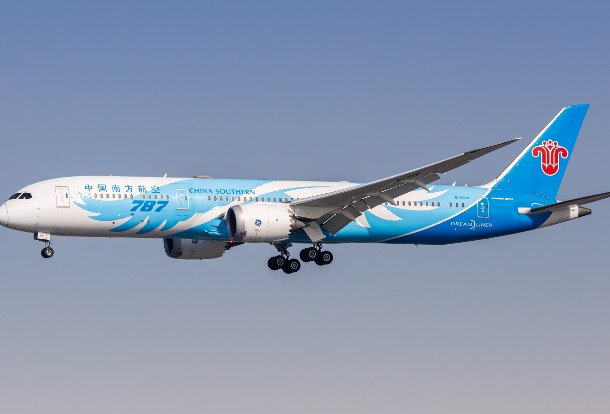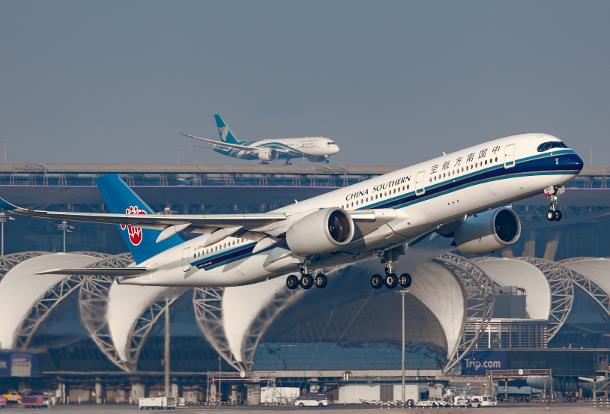After launched two resorts in China in 2015, Club Med soft opened its Sanya resort in January 2016 and plans for another 15 resorts in China in the next five years. By then, the French resort operator will have a total of 20 resorts in the country, which accounts for one-third of its current number of resorts around the globe. Founded in 1950, Club Med has developed a global network of 64 resorts in 30 countries during the 60-odd years.

“The Chinese market is our second largest in terms of client population and sales volume, and its growth is the fastest,” said Henri Giscard d’ Estaing, president and CEO of Club Med.
The Club Med privatization battle
Fosun International in Shanghai snapped up 7.1% share of Club Med in June 2010 and gradually increased its stake to nearly 10% since then.
Club Med opened its first Chinese project, Sun Mountain Yabuli, in the second half of 2010. By 2011, Club Med had seen 41% more guests from China for its properties worldwide. The number increased another 30% in 2012, and the resort operator’s total earning in China increased by 33% YoY against 2011.
Fosun began its privatization bid for Club Med in May 2013, competing with BI-Invest Group, a leading European long-term investment group in Italy and the largest shareholder of Club Med at the time. After one and a half year of bidding war, BI-Invest Group bowed out and sold all its Club Med shares on January 3, 2015.
The acquisition bid was the longest in the French market and forced Fosun’s to pay 44% more than planned for the acquisition. Club Med’s value swelled up to EUR 939 million since then.
Faster growth in China empowered by Fosun
d’ Estaing said Club Med has gained from Fosun the support and resources they hoped for, including funding, real estates, customers and digital marketing solutions.
Club Med’s expansion in China has been speeding up since. Following the opening of the Sanya resort in January this year, Beidahu Ski Resort in Changchun Jilin will open towards the end of the year. Also under development are a number of Joyview resorts, a new brand for short-stay resort designed for the Chinese market and jointly developed by Fosun and Club Med.
“Fosun has given us valuable connections and partnerships for cooperation, and we have managed to reach agreements with many property owners in the market. Our expansion and development pace have been accelerated after the acquisition by Fosun,” d’ Estaing concluded.
Fosun has also helped Club Med acquire overseas projects – Club Med’s resorts in Japan were acquired through Fosun Group’s companies and some resorts in Europe and the Americas were also bought via Fosun insurance companies and leased out by Club Med.
After the Fosun acquisition, Club Med has modified its asset-owning approach from owning most properties of its resorts in Europe to having a balance of asset holding. Currently, Club Med owns 20% of its global resorts, leases 30% and manages 30% by contract. (Translation by Jerry)




